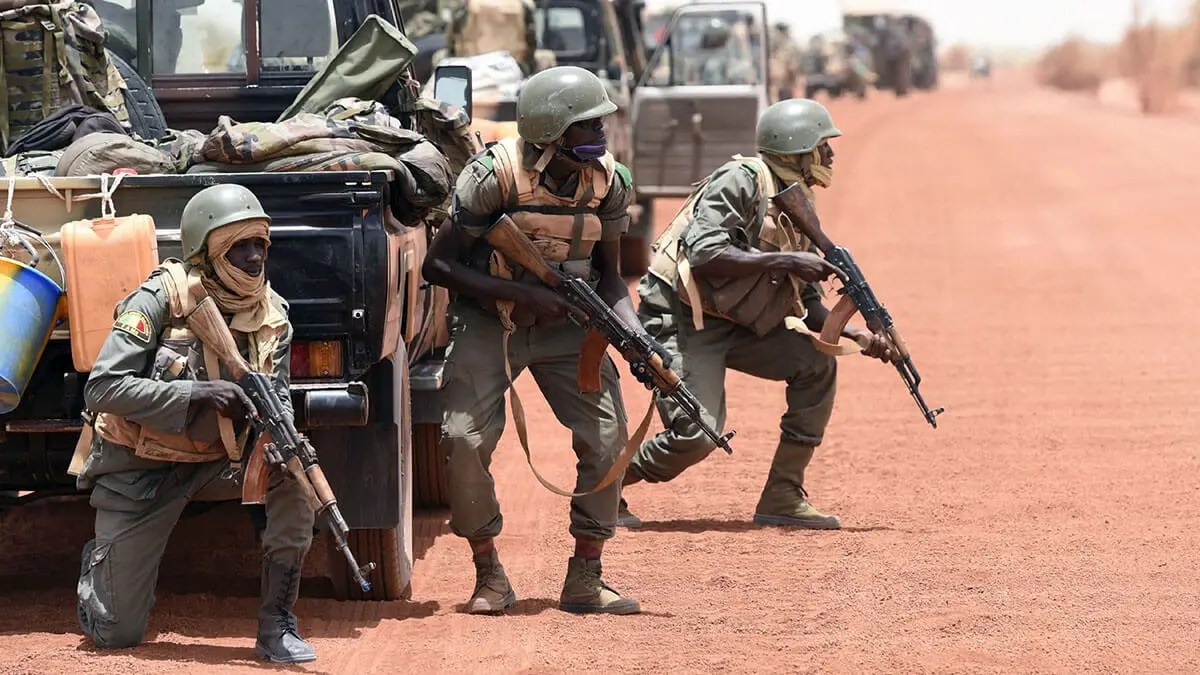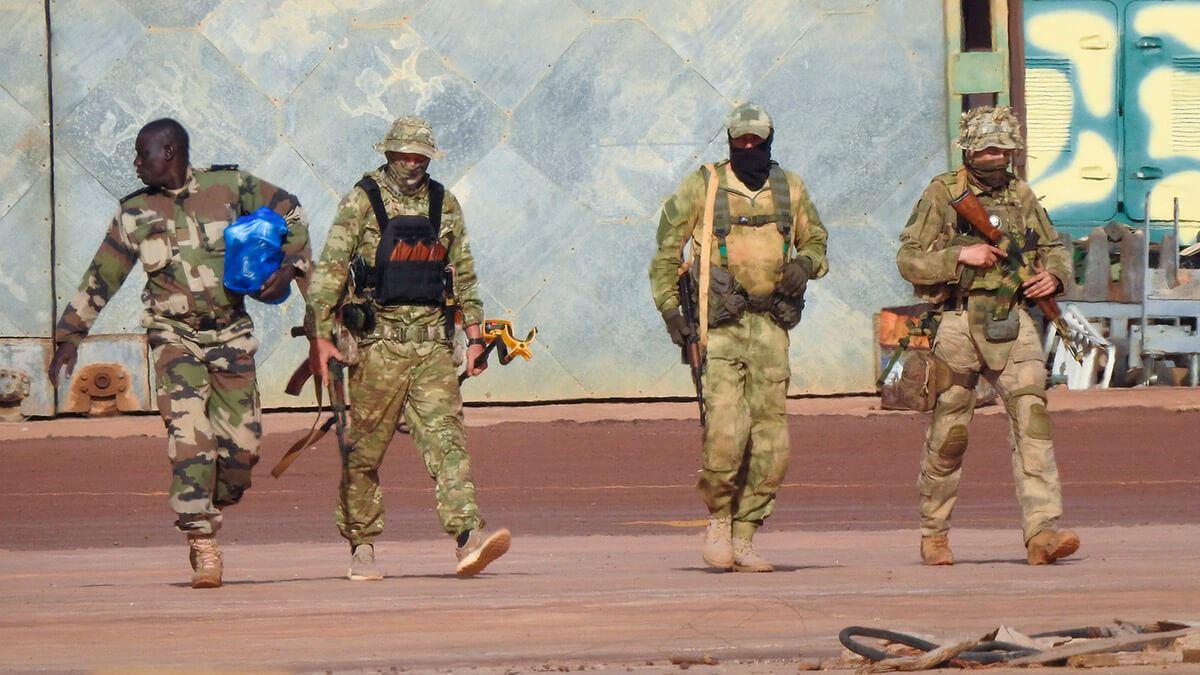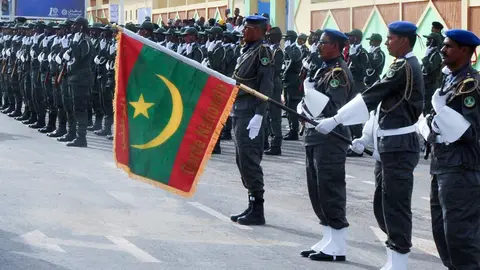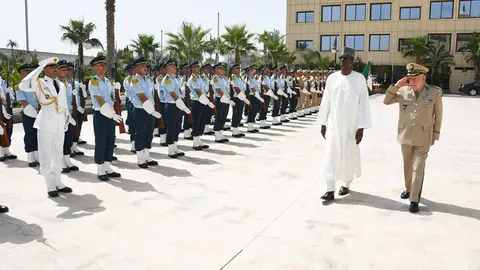Bamako attack reflects the great jihadist threat in Mali and the Sahel

The recent attack by the Group for the Support of Islam and Muslims (GAIM), al-Qaeda's affiliate in the Sahel, on military installations in the capital Bamako is a blow to Mali's military junta, highlighting once again the growing jihadist threat in the Sahel and the increase in instability.
The terrorist group's attack on police barracks and a military airport comes at a time when Mali's army and its Russian allies, including the Wagner mercenary group, are trying to regain control in some areas of the north African country.
The military junta, which seized power after two coups in 2020 and 2021, insists that the situation is under control despite the growth of al-Qaeda and Daesh-linked jihadist groups in the Sahel region over the years.
However, as Technology Against Terrorism analyst Lucas Weber stresses to AFP, the location and nature of the attack ‘demonstrates the high operational capabilities of the Islamist and Muslim Support Group and the extent of its spread’.
‘It is also an indication of the extent of the inability of Mali's intelligence and security services, and those of its Russian and regional allies, to detect and thwart plans before they are implemented,’ he added. The attack should also serve as a warning to neighbouring countries, as the terrorist group is capable of carrying out similar attacks in neighbouring countries.

Mali's military leaders launched a massive operation in the north of the country, where armed separatist groups and jihadists have lost control of several regions since last year. In July, however, the Malian army and its Russian allies suffered one of their biggest defeats.
Even the Malian military authorities admitted that they suffered ‘significant’ human losses during the fighting in Tinzouatin, near the Algerian border. Wagner, too, via a Telegram channel close to the group, confirmed losses among its ranks.
By contrast, the separatists - mostly Tuareg - celebrated a ‘surprising victory’ and announced the death of dozens of Russians, while the Group for the Support of Islam and Muslims reported killing 50 Russians and ten Malians.

Years ago, the French Barkhane force, the UN Multidimensional Integrated Stabilisation Mission in Mali (MINUSMA) and European forces controlled the threat in northern Mali until the military junta ordered them out and instead turned to Russia for support.
Since then, the Malian army has had few successes, while Russian mercenaries have been accused of crimes against the local population.
The attack, which occurred earlier this week, also symbolises the jihadists' advance southwards, as one of their main objectives is to reach the Gulf of Guinea. For the terrorist groups, the north is their base and safe haven as they plan their offensive to the south.

Mali, like its neighbours Niger and Burkina Faso, seems unable to put an end to this threat. Externally, Western countries are currently designated as enemies of the authorities, so they have no means to gather intelligence or take measures that could halt the advance of jihadism.
However, the spread of terrorism in the Sahel is not only a challenge for the region, but also for Europe. For this reason, the decisions by Mali and other Sahelian governments to isolate themselves are causing concern among Western powers.
In addition to distancing itself from Europe, Mali, like the coup governments of neighbouring Niger and Burkina Faso, this year announced its exit from the Economic Community of West African States (Ecowas), creating instead the Alliance of Sahel States (AES), which is close to Russia.










